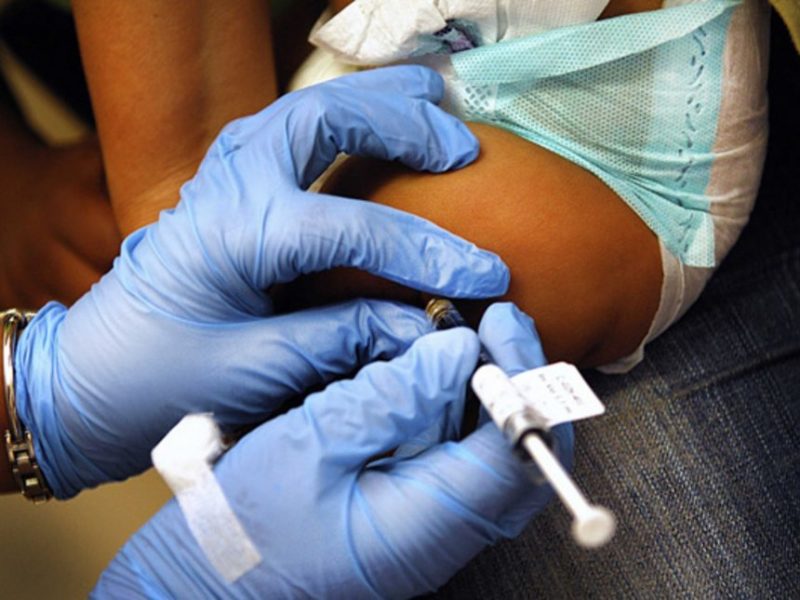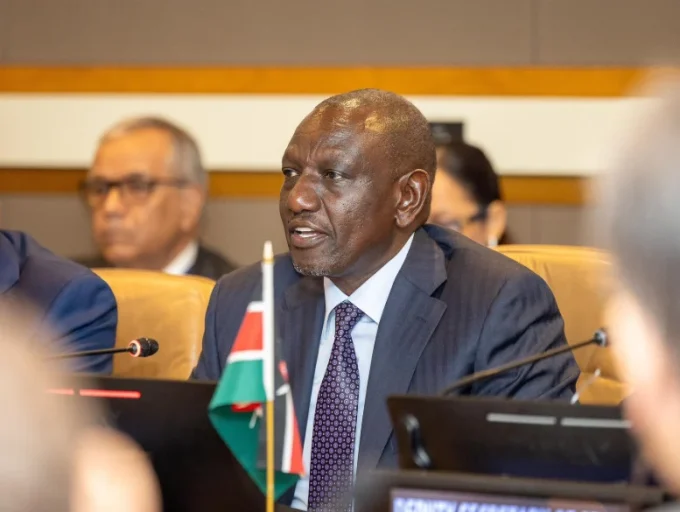After a century of relying on the same tuberculosis (TB) vaccine, a new antidote could be on the syringes of immunisers the world over.
British pharmaceutical company GlaxoSmithkline (GSK) is on the verge of finding the latest TB vaccine after preliminary tests revealed that its latest dose could potentially prevent half of those who receive it from contracting the disease.
The clinical trials, which are still at mid-stage of testing, were performed on 3,573 adults in Kenya, South Africa and Zambia Volunteers were given two doses 30 days apart and then monitored for symptoms of pulmonary TB over a period of two years four months.
The results showed that 10 out of 1,786 people in the vaccine group contracted TB, while in the group given the placebo, 22 out of 1,787 adults got the disease.
According to British newspaper The Telegraph, these numbers are still small compared to other diseases that require immunisation. However, the latest development from the GSK tests show positive signs of a vaccine against TB being developed for the first time since 1921.
For 97 years, the world has relied on Bacille Calmette-Guérin (BCG) which has routinely been given to babies for immunisation against TB. BCG however wears off after a few years and has no effect on the most severe forms of TB that infect adolescents and adults’ lungs when the disease is transmitted through coughing and sneezing.
Most of the volunteers who were tested with the GSK dose had received the BCG vaccine and all were HIV negative, Reuters reported. People with HIV are more vulnerable to TB because their immune systems are weakened.
READ : DENNIS ITUMBI SPEAKS ON DELETED SOCIAL MEDIA ACCOUNTS
The vaccine is known as M72/AS01 and is being developed by GSK in conjunction with Aeras, a nonprofit TB group backed by the Bill & Melinda Gates Foundation.
Senior Vice President and Head of Research and Development for Global Vaccines at GSK Emmanuel Hanon said the findings were a “scientific breakthrough”.
“These initial findings represent a significant innovation in the development of a new and much-needed and advance the scientific understanding of tuberculosis,” he said.
Dr. Hanon however added that it is likely to be several years before the vaccine is ready to be used in any real-life setting. “There are several questions that we must still address, including whether it works in people with HIV. If we want to cut the disease and transmission we need to know what is going to be the best intervention and what will be the best population to target.”
Figures by the World Health Organisation (WHO) show that 10 million people were infected with TB in 2017, with the disease proving fatal in 1.6 million cases.
World leaders are set to discuss efforts geared towards the eradication of the disease at a United Nations (UN) General Summit in New York, USA.
*All quotes from The Telegraph
SEE ALSO : WAIHIGA MWAURA WINS BBC NEWS AWARD






![President William Ruto during the launch of Climate WorX in Nairobi. [Photo/PCS]](https://businesstoday.co.ke/wp-content/uploads/2024/10/President-William-Ruto-during-the-launch-of-Climate-WorX-in-Nairobi-1-e1727761613802.png)






Leave a comment